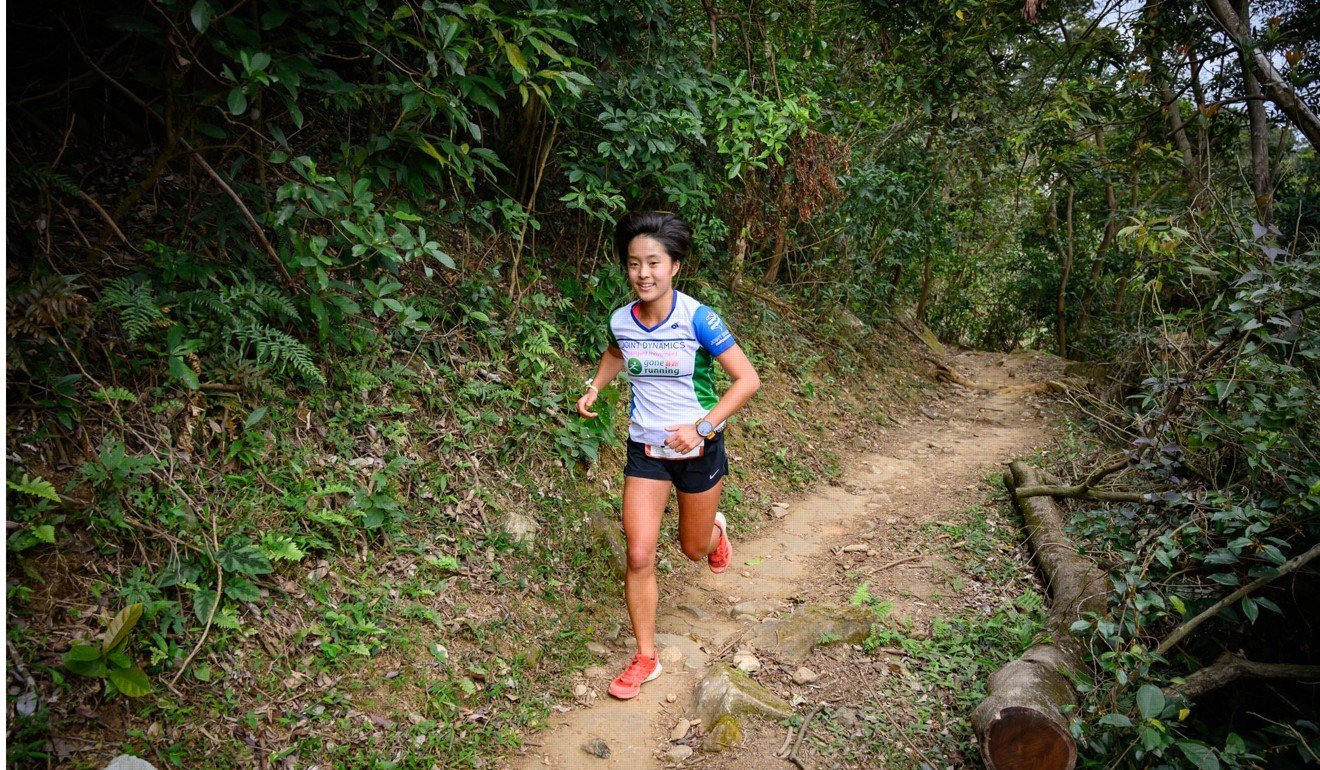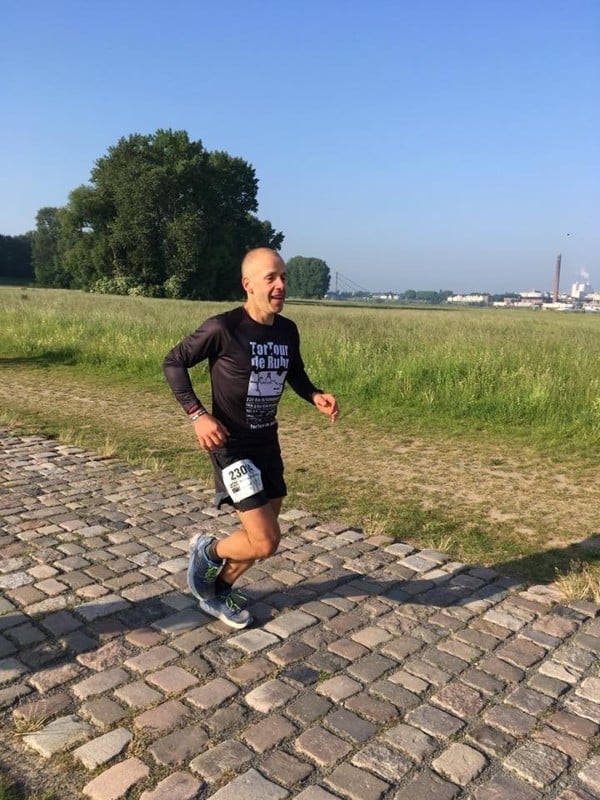
Trying to run when tired – the importance of sleep and how to overcome exhaustion on multi-day ultramarathons
- Long-distance running on little sleep can be a physical and mental struggle
- A lesson to be learned in listening to the body – as important as listening to the mind
I learned something new about myself last week: it takes way more mental energy to run than I thought.
It had never occurred to me that running might be a mentally rigorous activity. I go out, put one foot in front of the other, switch my brain off and run. From time to time I admire the views, count the porcupines, look out for wild boars and snakes. Running hard takes focus, of course. But a leisurely jaunt should be mentally very easy, right? Turns out, no.
All my attempts to run last week were completely foiled by what appeared to be a deliberate attempt by my brain to shut me down. My legs felt completely fine, breathing easy, heart pumping slowly. And yet, some 20 minutes into the run, I would no longer be able to go any further. What was up?
The hypothesis I eventually settled on was general fatigue from a lack of sleep. I’ve been covering the ongoing protests in Hong Kong this summer, and as things escalated last week, sleep got put on the back burner. Several nights of minimal sleep later, the debt finally caught up. While I could function doing everyday things like writing, something about running was beyond my physical and mental capabilities. I wondered if I was just being weak and lazy. But as many of us have probably learned over countless kilometres of running, listening to the body is as important as listening to the mind, so I decided to embrace the walking.

Later that week, I called up Andre Blumberg, the “grandad of Hong Kong trail running,” to ask him how he copes with mental fatigue as a trail and ultra runner. As the founder of the infamous Hong Kong Four Trails Ultra Challenge and with many an ultramarathon under his belt, he certainly knows a thing or two about running on low sleep.
“From a training perspective, sleep is very, very important,” he said. “Sleep deprivation is just stress, it’s just like heat and altitude. It’s one of those things that just adds up and makes things more difficult.”
Hallucination and sleep deprivation: tales from the HK4TUC survivors
Blumberg has had his fair share of going out for a run without enough rest. But while having to dial back on duration and intensity may leave him with “a level of disappointment”, he said he’s never regretted going out for a run while tired. “At the end of the day, it’s still going out to get something in. I think the consistency is more important than anything. Something less is better than nothing at all”.
Racing while sleep-deprived is a whole different beast altogether. Running through a single night is usually quite doable. “But it almost becomes a different sport, or a different event, it’s when you go for more than one night,” Blumberg said.
The longest event Blumberg has done is the Tahoe 200 Endurance Run, a 200-mile (320km) single-loop race around Lake Tahoe in California. It took him 82 hours, non-stop. Blumberg hadn’t run anything like that before, and he took the approach of running for as long as possible before getting sleep. Come days two and three, the strategy backfired. What he should have done instead, he’s since learned, is to proactively make sleep part of the race strategy, and aim for short bursts of 10- to 15-minute naps throughout.

“Just like its important to hydrate regularly, to take in calories regularly, with these two, three night events, it’s also important to get these micro-sleeps,” he said. Other factors, like a good headlamp, and well-timed doses of caffeine, also help a lot.
And finally, perspective goes a long way – or, as Blumberg puts it, you have to “re-baseline what your normal is.”
“You need to have the mindset that running is better than walking, and walking is better than not moving.”

